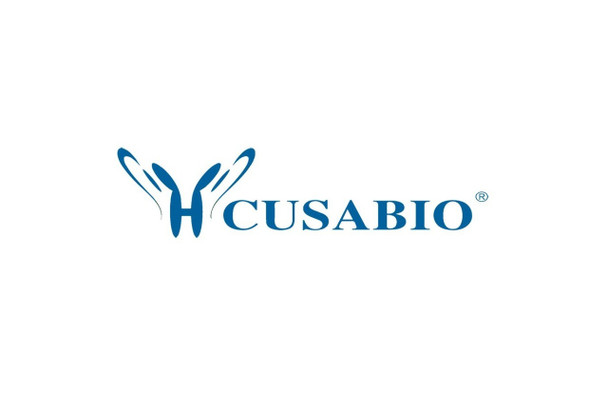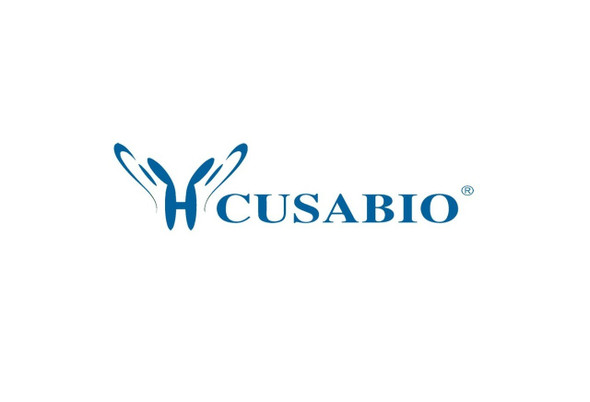Cusabio Polyclonal Antibodies
C4BPB Antibody | CSB-PA003954ESR1HU
- SKU:
- CSB-PA003954ESR1HU
- Availability:
- 3 to 7 Working Days
Description
C4BPB Antibody | CSB-PA003954ESR1HU | Cusabio
C4BPB Antibody is Available at Gentaur Genprice with the fastest delivery.
Online Order Payment is possible or send quotation to info@gentaur.com.
Product Type: Polyclonal Antibody
Target Names: C4BPB
Aliases: C4b-binding protein beta chain, C4BPB
Background: Controls the classical pathway of complement activation. It binds as a cofactor to C3b/C4b inactivator (C3bINA), which then hydrolyzes the complement fragment C4b. It also accelerates the degradation of the C4bC2a complex (C3 convertase) by dissociating the complement fragment C2a. It also interacts with anticoagulant protein S and with serum amyloid P component. The beta chain binds protein S.
Isotype: IgG
Conjugate: Non-conjugated
Clonality: Polyclonal
Uniport ID: P20851
Host Species: Rabbit
Species Reactivity: Human, Mouse
Immunogen: Recombinant Human C4b-binding protein beta chain protein (18-252AA)
Immunogen Species: Human
Applications: ELISA, WB, IHC
Tested Applications: ELISA, WB, IHC; Recommended dilution: WB:1:500-1:5000, IHC:1:20-1:200
Purification Method: Antigen Affinity Purified
Dilution Ratio1: ELISA:1:2000-1:10000
Dilution Ratio2: WB:1:500-1:5000
Dilution Ratio3: IHC:1:20-1:200
Dilution Ratio4:
Dilution Ratio5:
Dilution Ratio6:
Buffer: PBS with 0.02% sodium azide, 50% glycerol, pH7.3.
Form: Liquid
Storage: Upon receipt, store at -20°C or -80°C. Avoid repeated freeze.
Initial Research Areas: Immunology
Research Areas: Immunology













